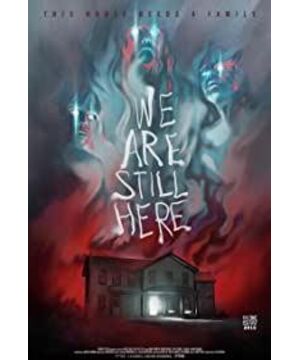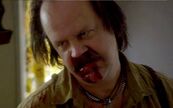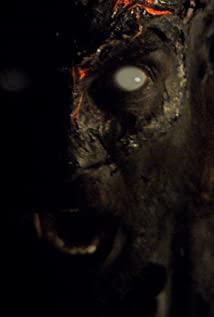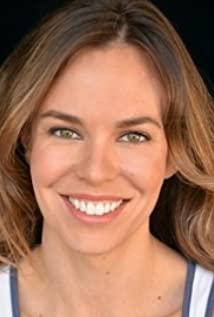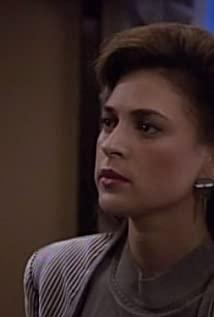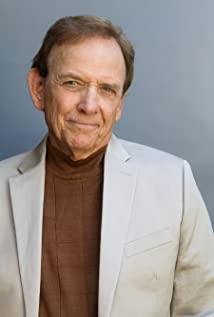Let me explain it as an individual. In fact, the song at the end of the film is the really important one, and it also shows the real development of the whole film. In fact, the beginning of the evil spirit in the house is the child. The desire of the child evil spirits for the family prompted the curse of the village. However, Murakami only thinks that it is only a curse that requires family sacrifices. Why didn't the family of evil spirits who died by fire didn't kill the couple? Actually, it's estimated that the evil spirits of the ancestor refused to let them go. My personal understanding is that it is not their real son who is calling them later, but the evil spirits in the house. Because the couple's love from beginning to end for losing their son is probably inspired by the family's "sense of homecoming". Why is there a family sacrifice here every so many years? In fact, it also clearly means that the evil spirits have been looking for their own families, but in fact, how can the families that really died tragically in the sacrifices become the real families of the evil spirits? That's why the tragedies to the family are repeated again and again. In fact, it's just that the evil spirits are performing a kind of "reincarnation" of finding the family. In the eyes of the villagers, this is a curse. If you don’t sacrifice the family, you will harm the people in the village. In fact, it is just the anger of the evil spirits, because the cause of the evil spirits’ loss of their families and their tragic deaths is precisely the cause of the policies under this group. This is also the ultimate purpose of the film, a satire on the so-called authority of political policy. And the voice of the deceased son that appeared last was played by evil spirits—an evil spirit who lost his parents’ loneliness and yearned for a family, a parent who lost a child, made up for the lack and pain in his heart under deception and deception. Form the so-called ending.
There is also a place where it can be shown that the credits are not their son. Because the psychic couple, the psychic wife had said from the first night that they didn't have their son in this house, but there was a force trying to convince them that it was their son. .
A low-cost film, in fact, the rhythm and some layout of the whole film are not good, but the only good thing is the use of these small literary methods, which makes it much better than many films even if it is cheap and rough. A full score of 10 can be worth five points
View more about
We Are Still Here reviews


